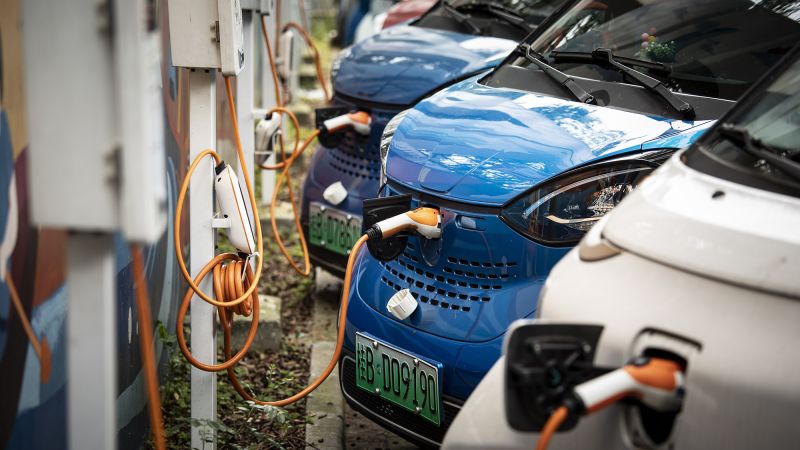Global carmakers are increasingly turning to Chinese electric vehicle (EV) technology as they seek to cut costs, accelerate development, and keep pace in the fast-evolving EV market. Industry reports suggest that companies such as Ford and Renault are actively exploring partnerships or licensing agreements with Chinese manufacturers to integrate their platforms into future lineups.
China’s EV Advantage
China has rapidly built dominance in the EV sector, with advancements in battery technology, vehicle software, and scalable platforms. Leading players such as BYD, Geely, and SAIC have been able to produce at scale while driving down costs, making their platforms attractive to global automakers struggling to deliver affordable EV options.
The ability to shorten development cycles and tap into established supply chains is proving irresistible for many Western brands facing rising pressure to electrify their fleets.
Risks of Dependence
While the strategy promises speed and savings, it also brings significant risks. Heavy reliance on Chinese platforms could weaken Western automakers’ own R&D pipelines and erode long-term innovation capacity. Intellectual property concerns loom large as well, particularly around core software and advanced battery systems.
Outsourcing key elements of EV design also raises questions about brand identity and control. With Chinese platforms forming the backbone of future vehicles, automakers may find it harder to differentiate themselves in a crowded global market.
Collaboration or Competition?
The trend illustrates how Chinese innovation is reshaping the global automotive landscape. As EV adoption accelerates worldwide, the line between collaboration and competition is becoming increasingly blurred. For Western automakers, the dilemma is clear: partner with China to stay competitive in the short term, or risk falling behind while protecting long-term independence.
Either way, the influence of Chinese EV technology on the future of the global car industry is undeniable.

